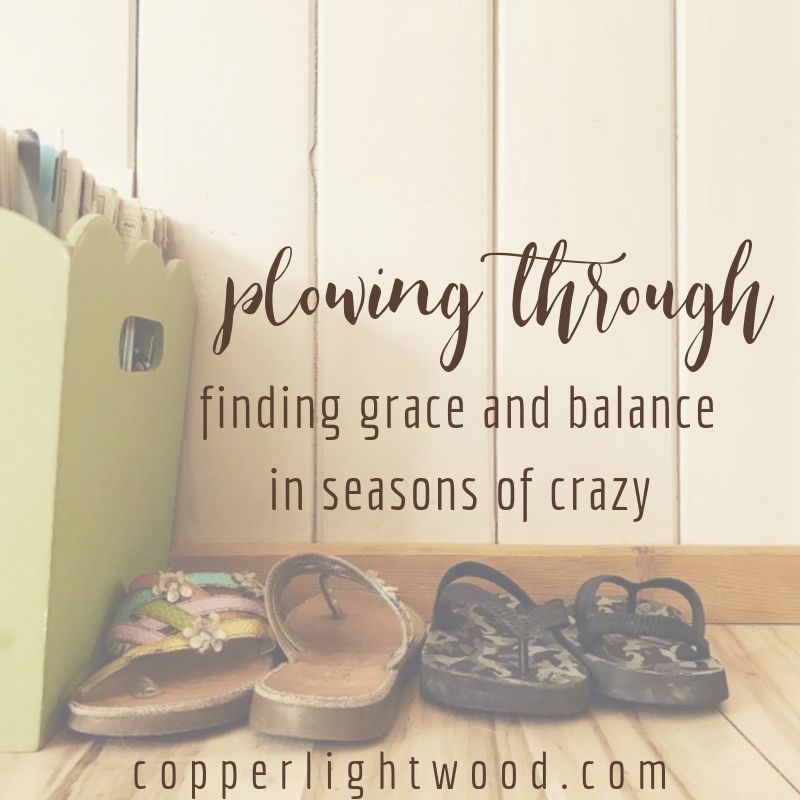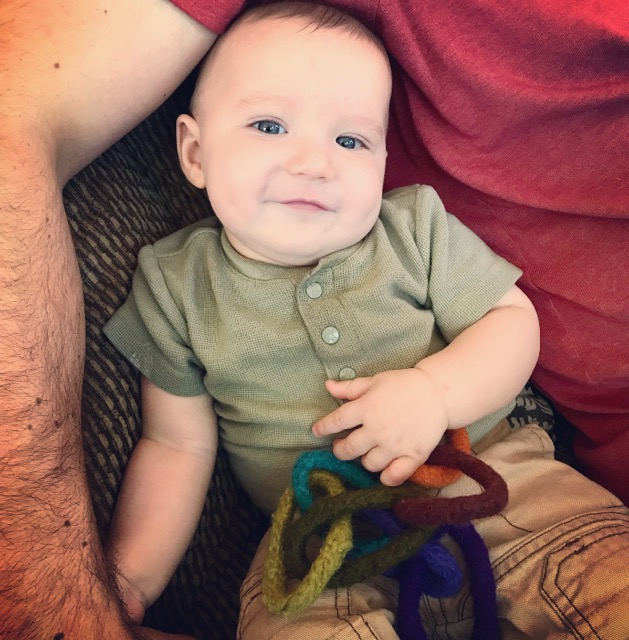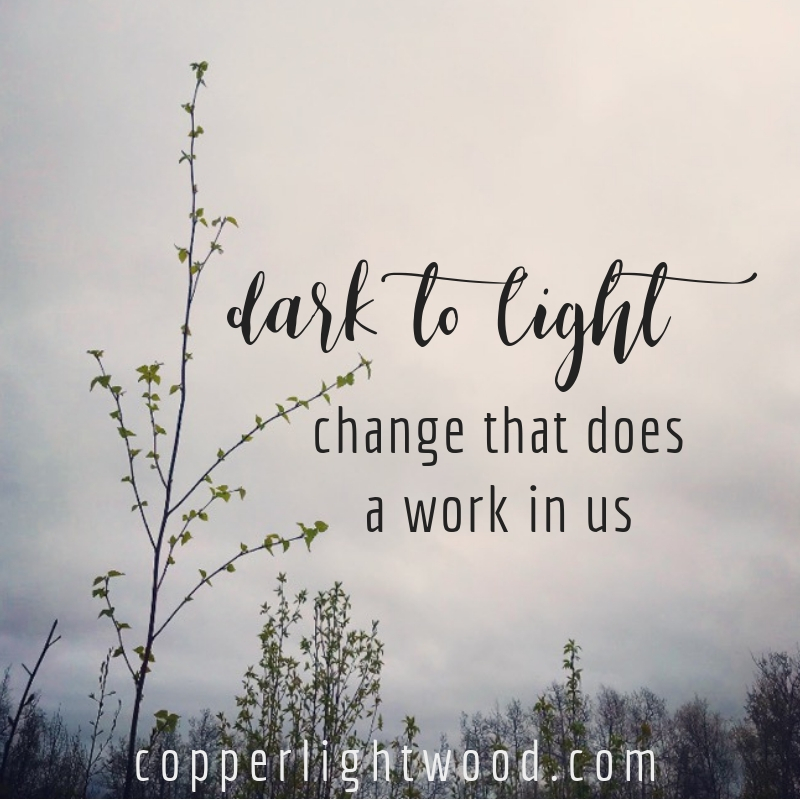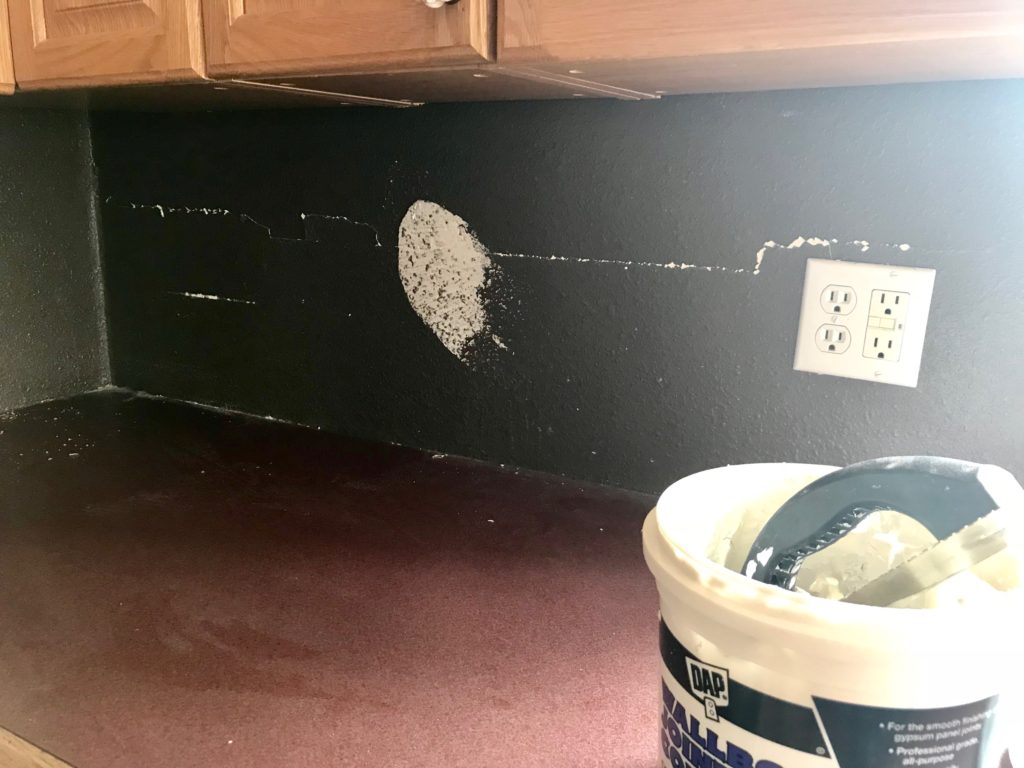The Lord gave me this amazing idea, and I was so excited to follow through…until it was time to actually do it.
As responsible people do, I came up with a lot of excuses. I hadn’t showered the night before; my hair was a mess and in no condition for video. And, as writers do, I found the most productive ways to procrastinate. Suddenly, cleaning my desk was of utmost priority. I put away the tape and scissors, filed a few papers, and stacked the books. Considered sweeping the floor, or washing the windows. I mean, it was that bad.
Add all of this to the fact that I have the technical skills of a Chihuahua.
So when the Lord asked me to start praying online every week – which, as I type it, sounds like the easiest thing ever and nothing to be intimidated by – I had no idea what was the best way to go about it.
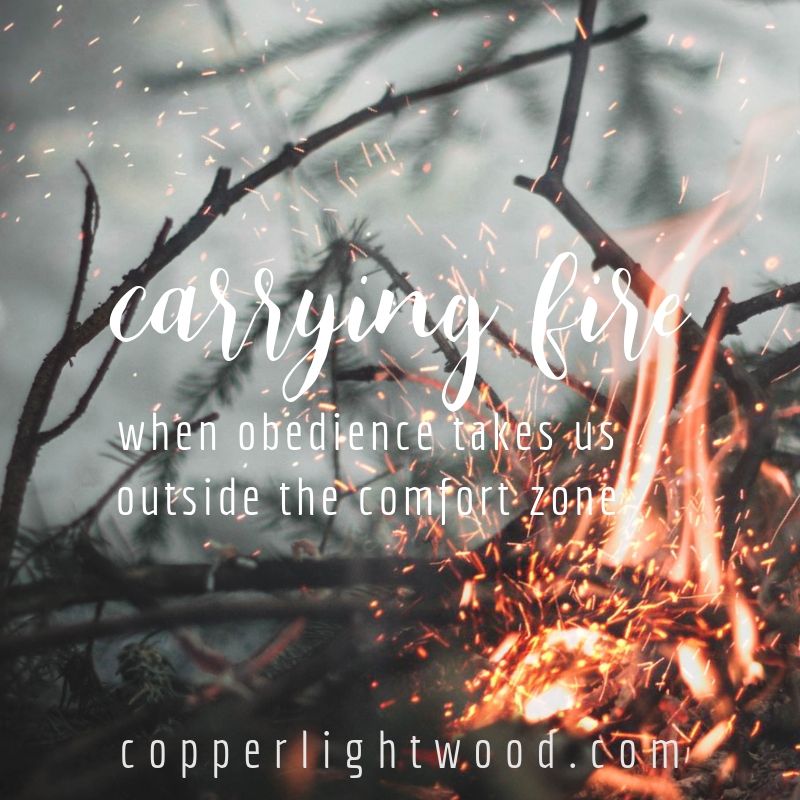
When I finally did do it, it was in two parts – first, in hands-free mode, until I ran out of space and had to add the rest in selfie mode after figuring out how to splice and trim the video (gah). Because, like a Chihuahua, I told you.
Until I come, devote yourself to the public reading of Scripture, to exhortation, to teaching. Do not neglect the gift you have, which was given you by prophecy when the council of elders laid their hands on you. Practice these things, immerse yourself in them, so that all may see your progress.
– 1 Timothy 4:13-15, ESV
But the opportunity to pray with and for anyone who wanted to join me on a weekly basis was a no brainer. Until my brain kicked in and started making excuses for me, of course.
Isn’t that the way it is with going forward, though? He calls us outside the comfort zone, but somehow we’d rather put it off or just not bother because we don’t understand how much breakthrough is at stake in going there.
Too risky. Too scary. Too unfamiliar. Too unknown.
I’m confessing to you right off the bat so you know you’re not alone in this. I don’t usually think of myself as a risk taker but when I look back at my life I realize I am one – but little things like praying online can still make me pause and squirm. Sounds stupid, yes?
We ask Him for direction, to light our way, and often the way He does that is by lighting a fire under us. We often respond by extinguishing those fires in any number of ways instead of having the boldness to pick up the fire and carry it.
We are our very own wet blanket, smothering our own growth.
We pooh-pooh it, telling ourselves it was just a silly idea and not Him at all, when in reality these steps of obedience are the key to unlocking answers we’ve been searching for.
Or we put it off. And our delay, like most symptoms of laziness, makes us work harder and longer in the long run.
And sometimes we give up before we start because it won’t be perfect, and we can’t control how people will respond to us. So we sacrifice our breakthrough on the altar of perfectionism and control – which is really just a monument to ourselves and our pride. If that altar were made into an idol, it would look like us.
But we usually need to accelerate our pain to accelerate our progress, so we might as well jump in and start doing it, whatever it is.
Starting that business. Filling out the adoption paperwork. Making that phone call. Researching that ministry opportunity. Writing that book.
Going on that mission. Taking that leap.
Saying yes.
Once the words leave your lips, they no longer belong to you. We have a monopoly only on our own thoughts. The act of speaking is not a conquest, but a surrender. When we open our mouths, we are sharing with the world – and the world inevitably interprets, indeed sometimes shifts and distorts, our original meaning.
– Frank Luntz, Words That Work
We wrestle with the feeling of exposure and tension after being vulnerable and laying it all out there, in teaching, writing, speaking, mentoring, moving — however you are leading others as they watch you follow Jesus.
But it turns out, the best way to go about anything is usually forward.
Going. Doing. Obeying. As opposed to stalling, fretting, and backsliding. Because life has a current to it, and every moment we are either moving further up and further in, or drifting back downstream. There is no neutral.
What answer can human intelligence make to God’s love for the world? What answer, for that matter, can it make to our own love for the world? If a person loved the world – really loved it and forgave its wrongs and so might have his own wrongs forgiven – what would be next?
And so how was a human to pray? I didn’t know, and yet I prayed. I prayed the terrible prayer: “Thy will be done.” Having so prayed, I prayed for strength.
– Wendell Berry, Jayber Crow
There is a cost to disobedience, and it is much higher than just going outside our comfort zone.
He drove out the man, and at the east of the garden of Eden he placed the cherubim and a flaming sword that turned every way to guard the way to the tree of life.
– Genesis 3:24, ESV
When we move in obedience, we go in freedom – bringing light, making progress, carrying His Presence as fire. But when we are forced to move by our own disobedience, we are pushed out in slavery.
The truth is, we move outside the comfort zone either way.
When we say yes, facing our fears and excuses, we’re no longer afraid of what the fire will do to us. We are invincible to burning when we learn to carry it.
____________
This is an excerpt from ABIDE volume 5: Obedience to Move Forward, available here.

